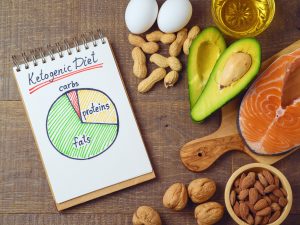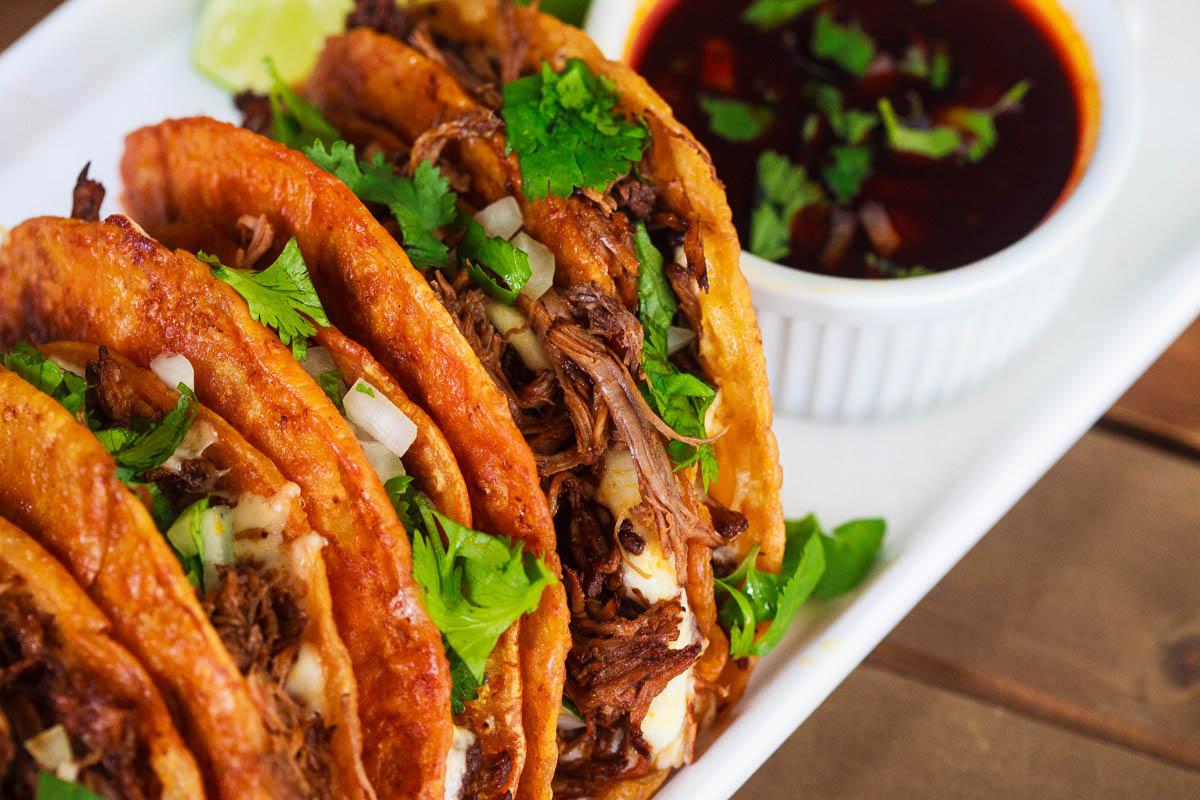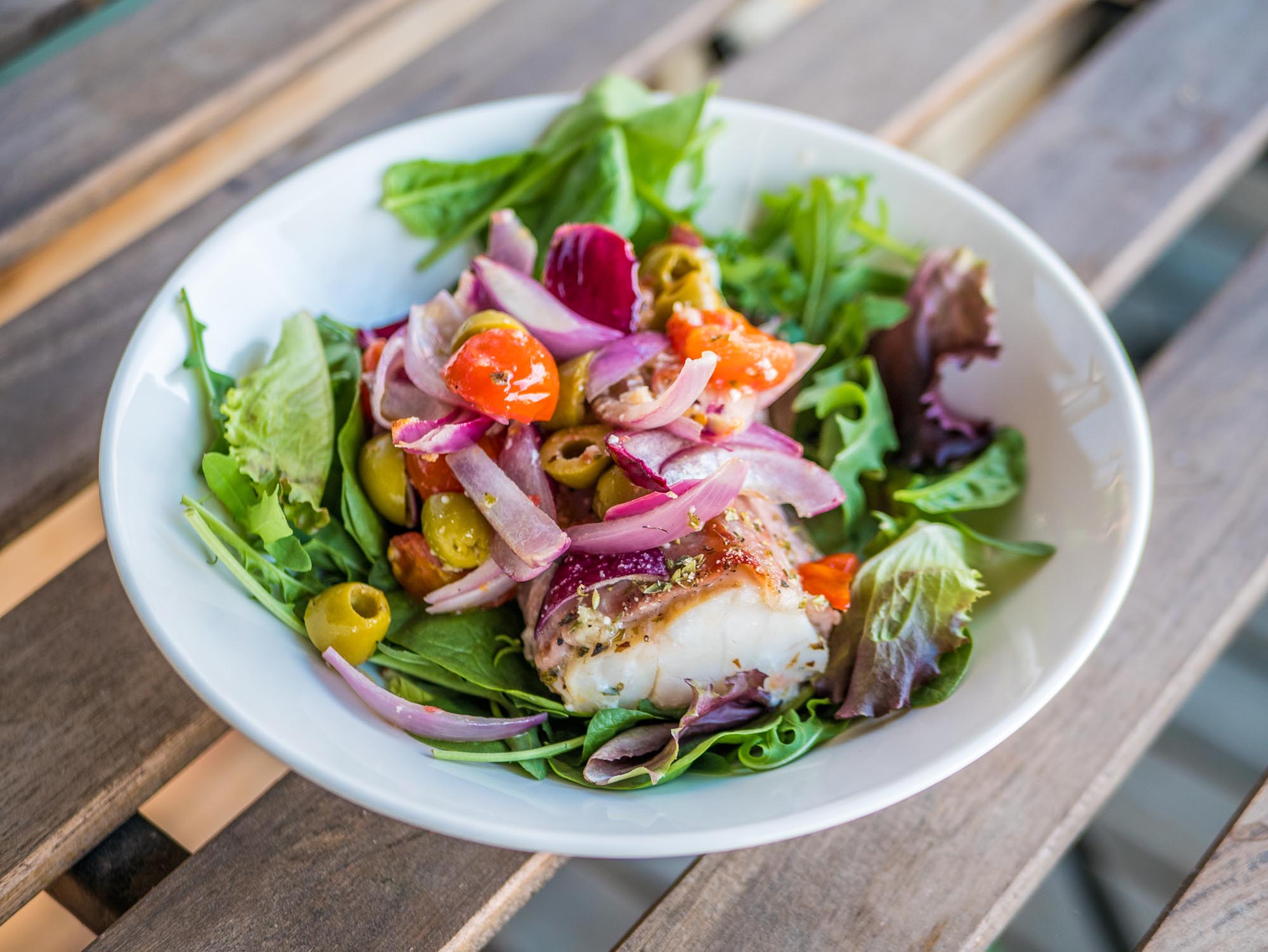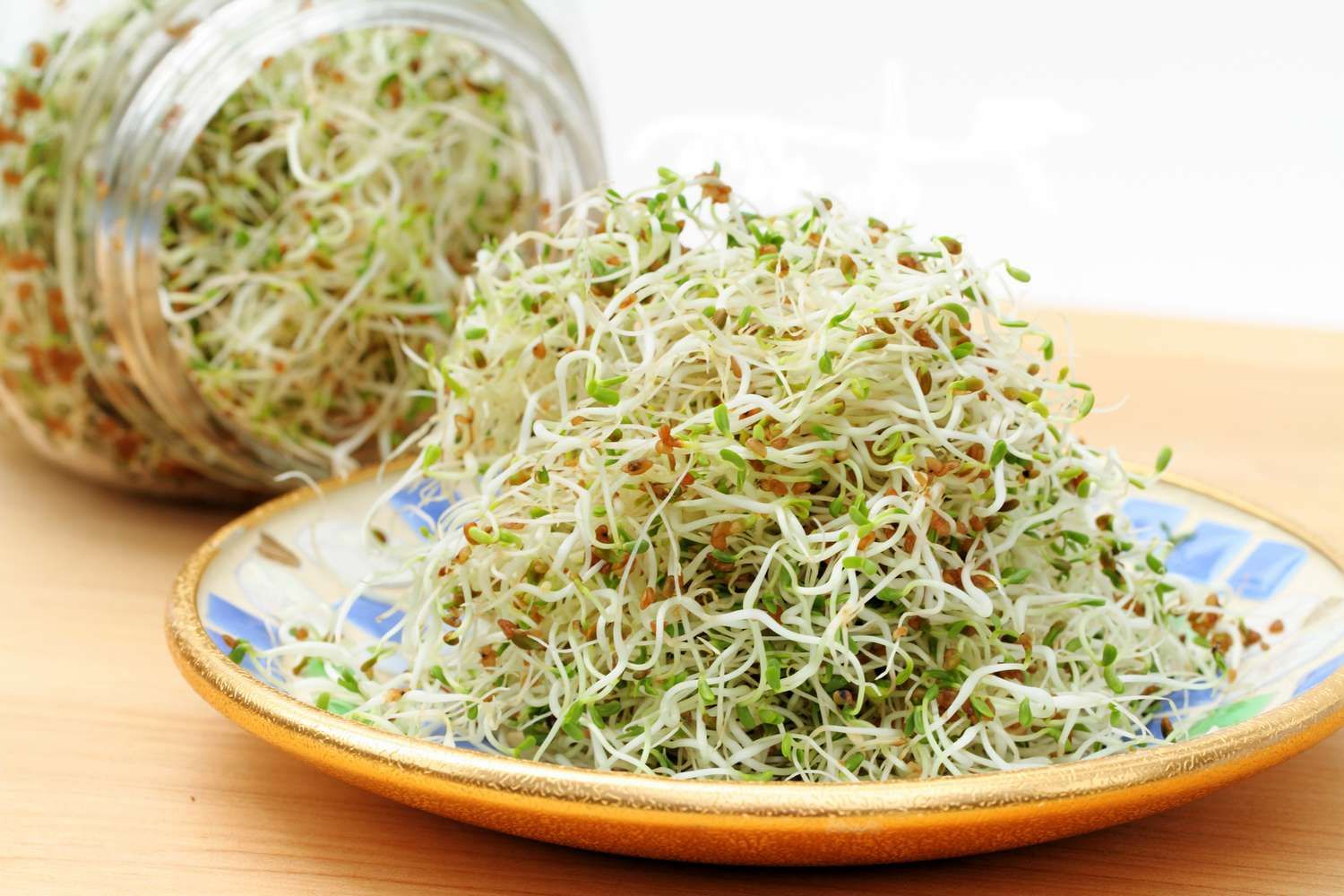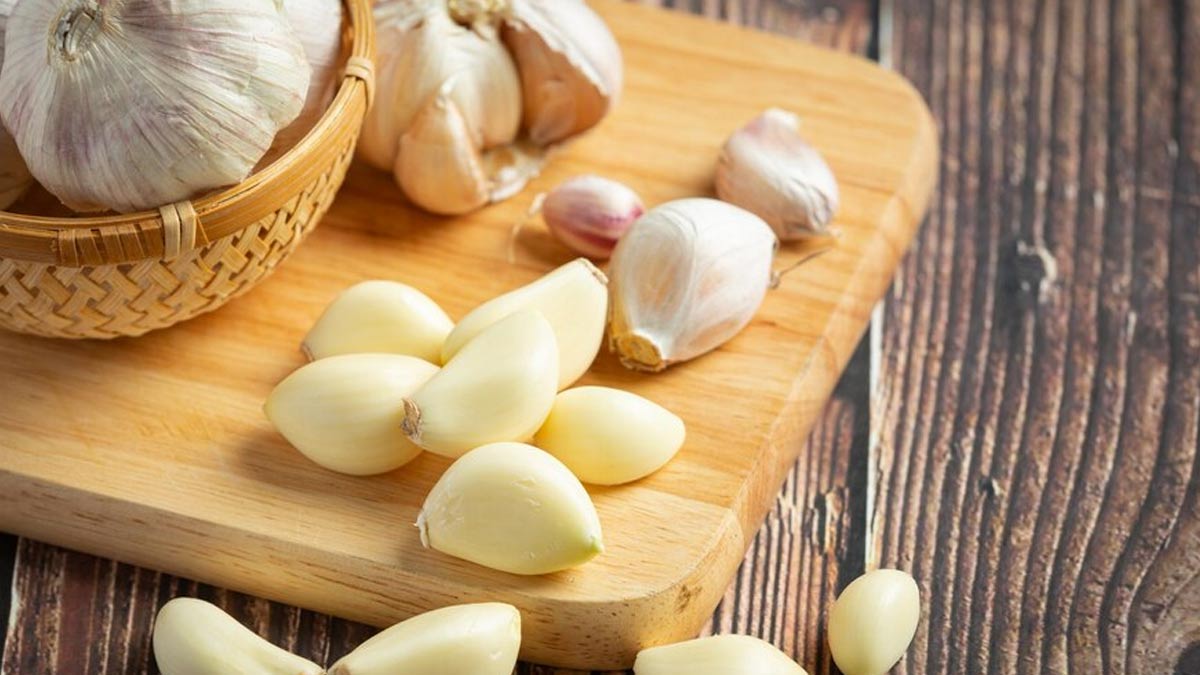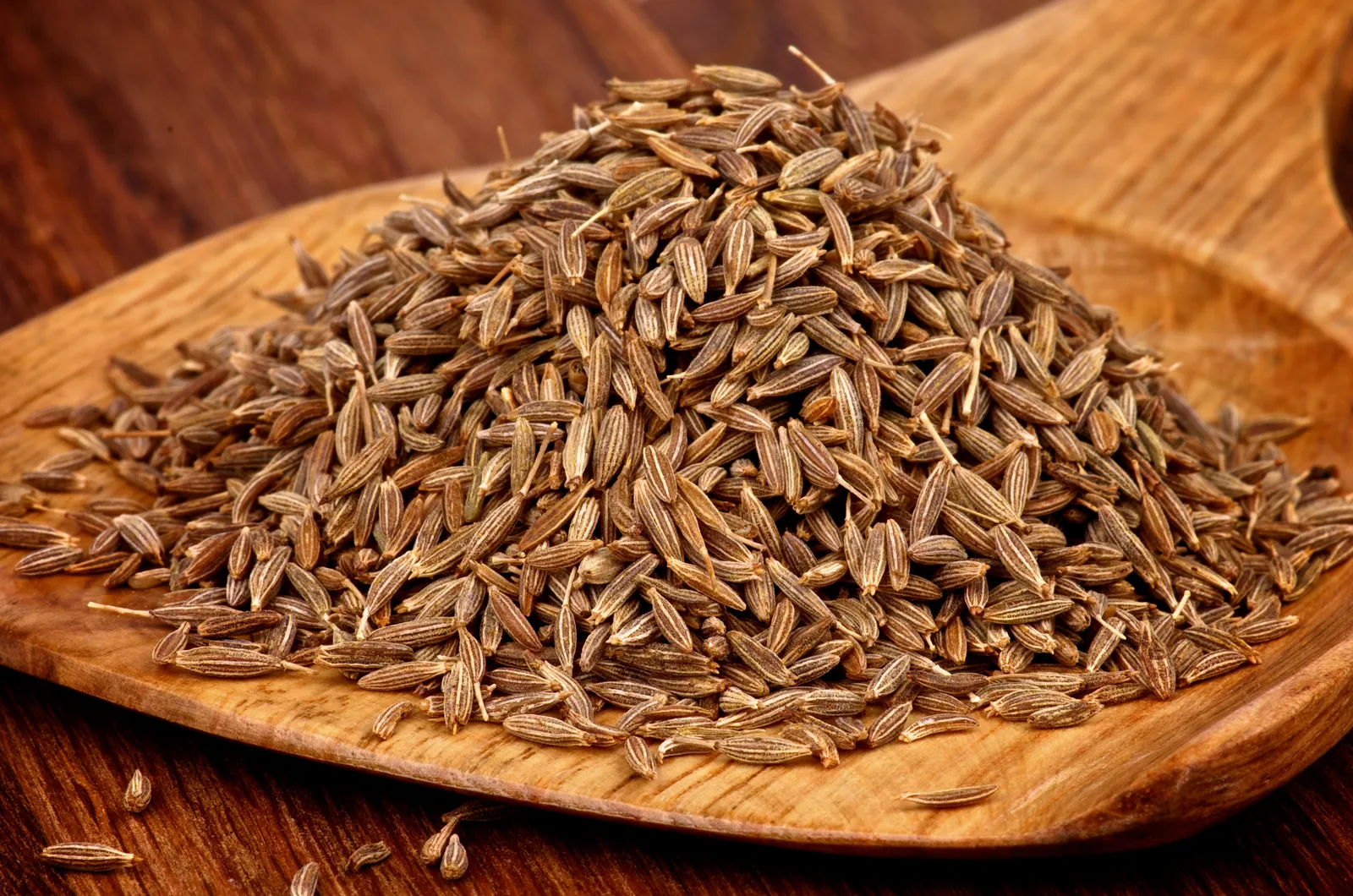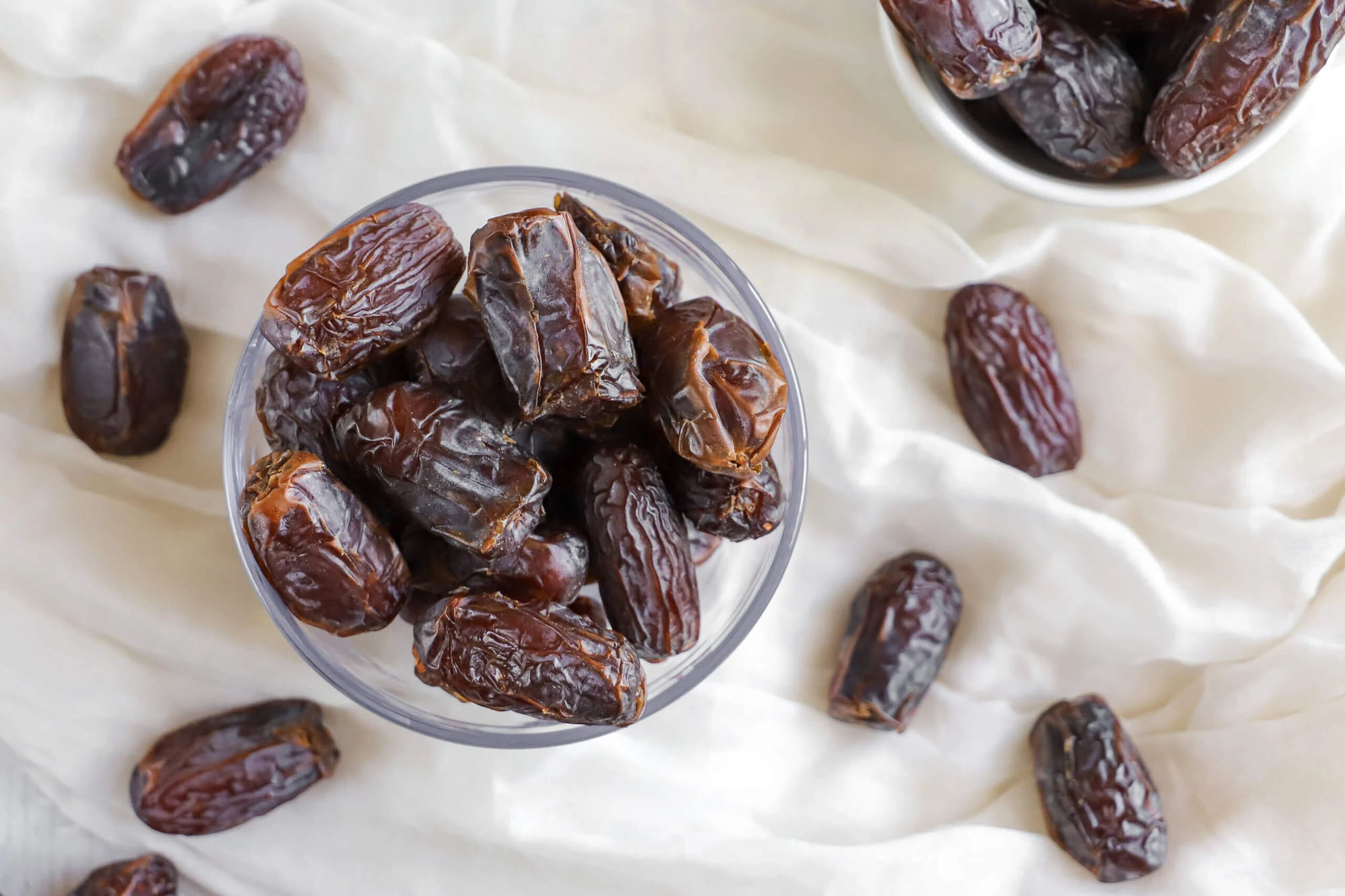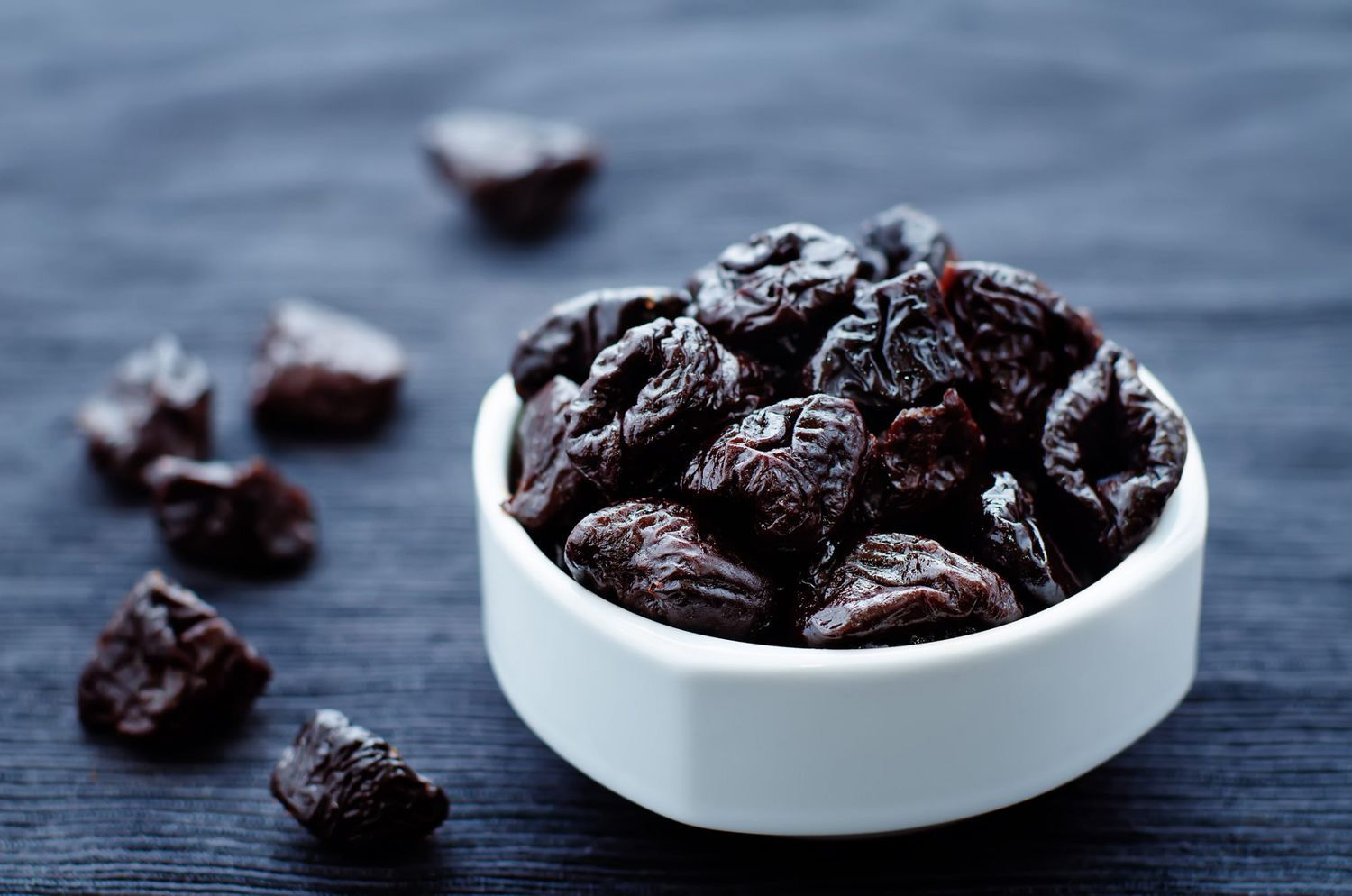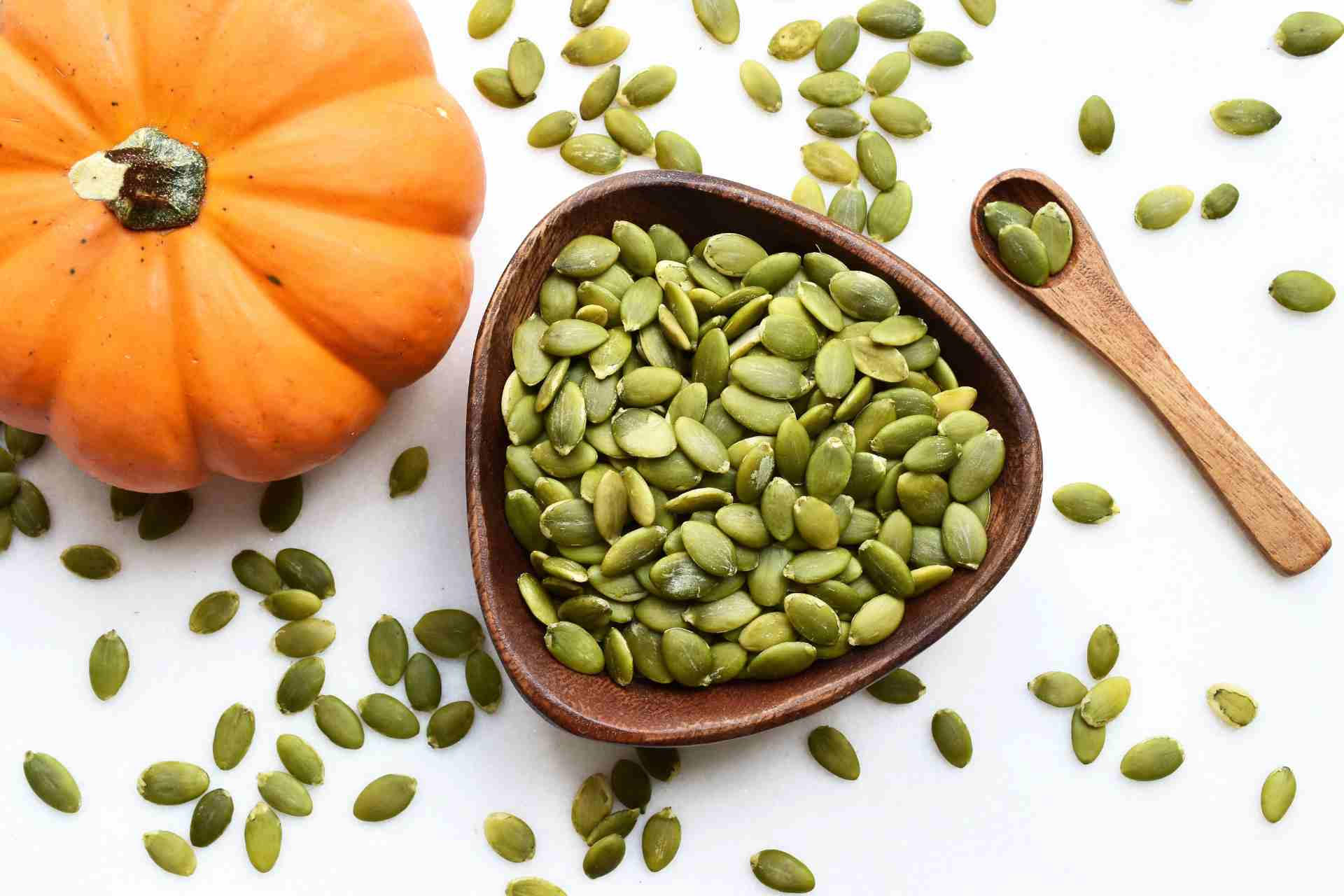How to Enjoy Eating Lots of Food
Are you someone who loves to indulge in delicious meals and wants to know how to eat lots of food without feeling guilty? Well, you’re in the right place! Here are some tips and tricks to help you enjoy your favorite foods to the fullest.
1. Eat Mindfully
When you’re ready to dig into a big meal, it’s important to eat mindfully. This means paying attention to each bite, savoring the flavors, and enjoying the experience. By doing so, you can fully appreciate the food you’re eating and feel satisfied with smaller portions.
2. Choose Nutrient-Dense Foods
When aiming to eat lots of food, it’s essential to focus on nutrient-dense options. This includes foods that are rich in vitamins, minerals, and other essential nutrients. Opt for colorful fruits and vegetables, lean proteins, whole grains, and healthy fats to fuel your body while enjoying a variety of foods.
3. Embrace Variety
One of the best ways to eat lots of food is to embrace variety in your meals. Incorporate a wide range of foods from different food groups to ensure you’re getting a diverse array of nutrients. This can also make your meals more exciting and enjoyable.
4. Practice Portion Control
While the goal is to eat lots of food, it’s important to practice portion control to avoid overeating. Use smaller plates and bowls to help manage portion sizes, and be mindful of serving sizes to prevent consuming more than you need.
5. Stay Hydrated
Drinking plenty of water throughout the day can help you feel more satisfied and prevent overeating during meals. Aim to stay hydrated by sipping on water, herbal teas, or infused water with fresh fruits to support your overall well-being.
6. Listen to Your Body
Pay attention to your body’s hunger and fullness cues. Eat when you’re hungry and stop when you’re comfortably full. This mindful approach to eating can help you enjoy food without feeling uncomfortably stuffed.
7. Plan Balanced Meals
When preparing your meals, aim to create balanced plates that include a mix of protein, carbohydrates, and healthy fats. This can help you feel satisfied and nourished, allowing you to eat larger quantities of food without feeling weighed down.
8. Enjoy Regular Physical Activity
Engaging in regular physical activity can support your appetite and metabolism, allowing you to enjoy larger meals without feeling sluggish. Whether it’s a brisk walk, a yoga session, or a fun workout, find activities that you enjoy and make them a part of your routine.
9. Indulge in Moderation
It’s okay to indulge in your favorite treats and comfort foods from time to time. The key is to do so in moderation and balance it with nutrient-dense meals. By allowing yourself to enjoy the foods you love, you can satisfy your cravings while maintaining a healthy relationship with food.
By incorporating these tips into your lifestyle, you can savor and enjoy eating lots of food without feeling guilty. Remember, food is meant to be enjoyed, so embrace the experience and savor every bite!
Delicious Recipes to Maximize Your Meals and More Ways to Use This Guide
As you refine your culinary skills and delve into the art of consuming an abundance of food, experimenting with a variety of recipes can enhance your experience. Try the Quinoa and Roasted Vegetable Salad for a nutritious start. Its blend of protein-rich quinoa and hearty vegetables makes it a wholesome choice. For a protein-packed option, the Grilled Chicken and Avocado Wrap is commendable. The creamy avocado and lean chicken are perfect for a fulfilling meal. Don't miss out on the Butternut Squash and Spinach Lasagna, a comforting dish that skillfully combines rich flavors and textures. Each recipe offers a unique way to apply the principles discussed in the guide, providing not only a delightful meal but also a practical application of voluminous eating.


